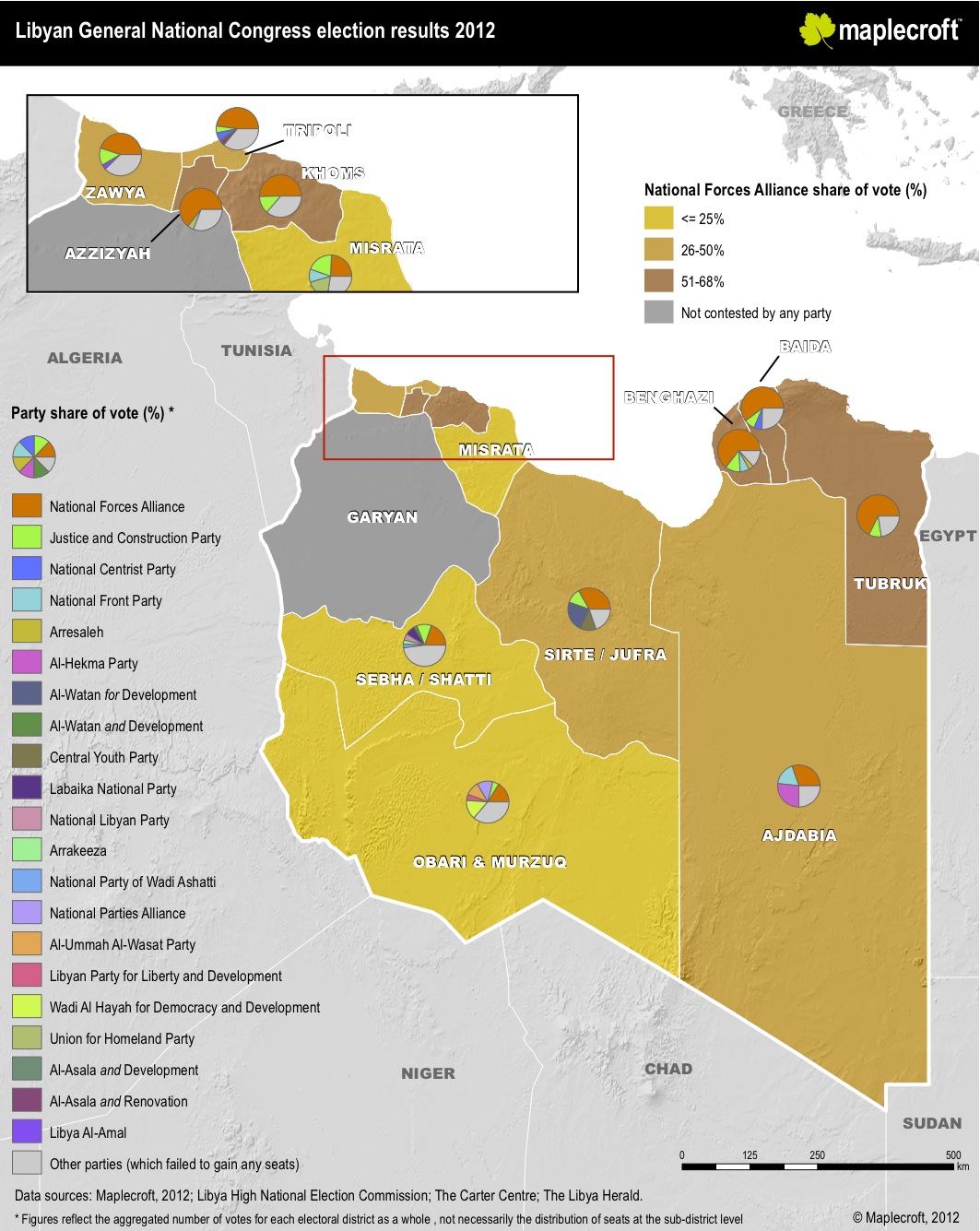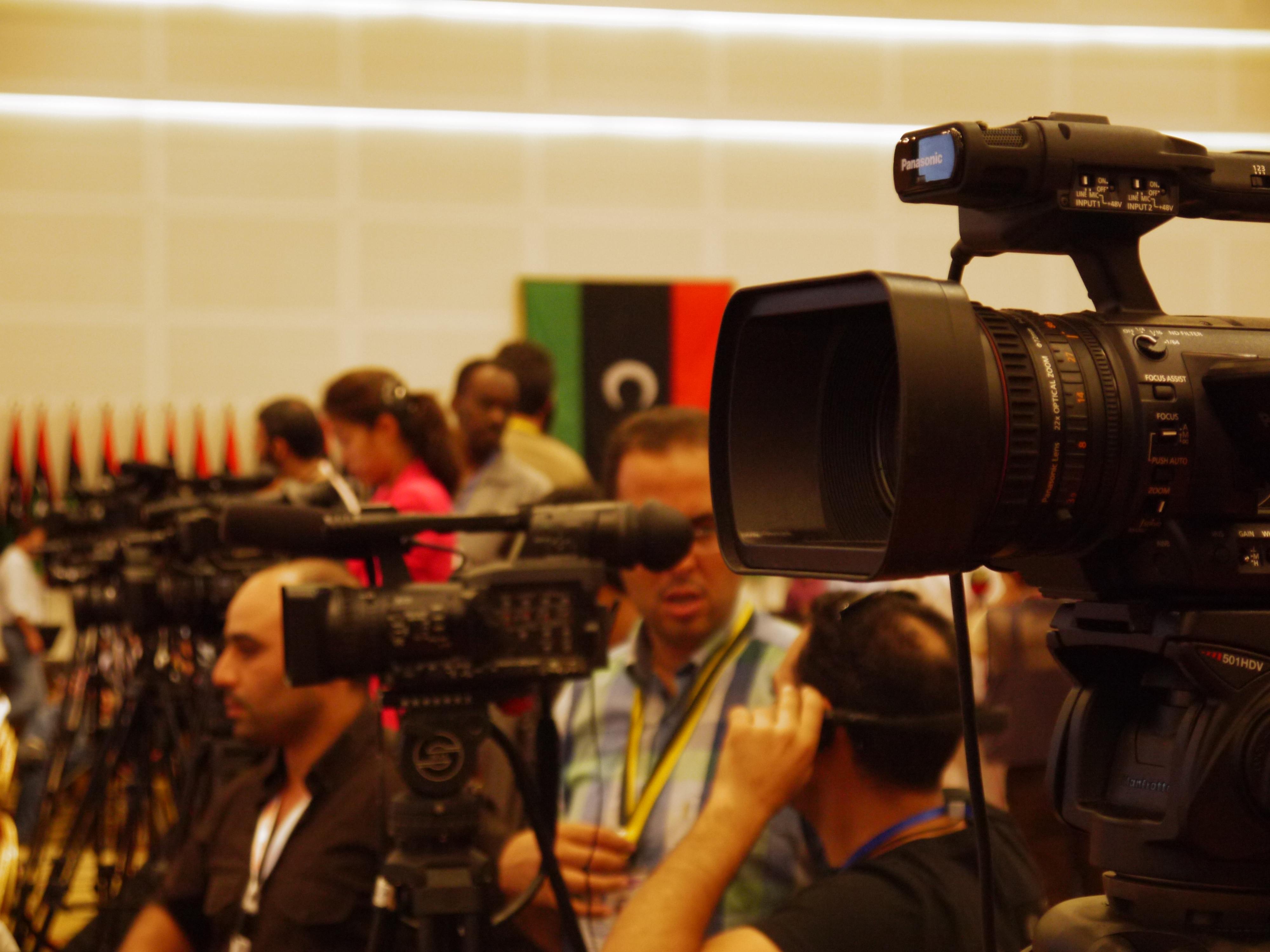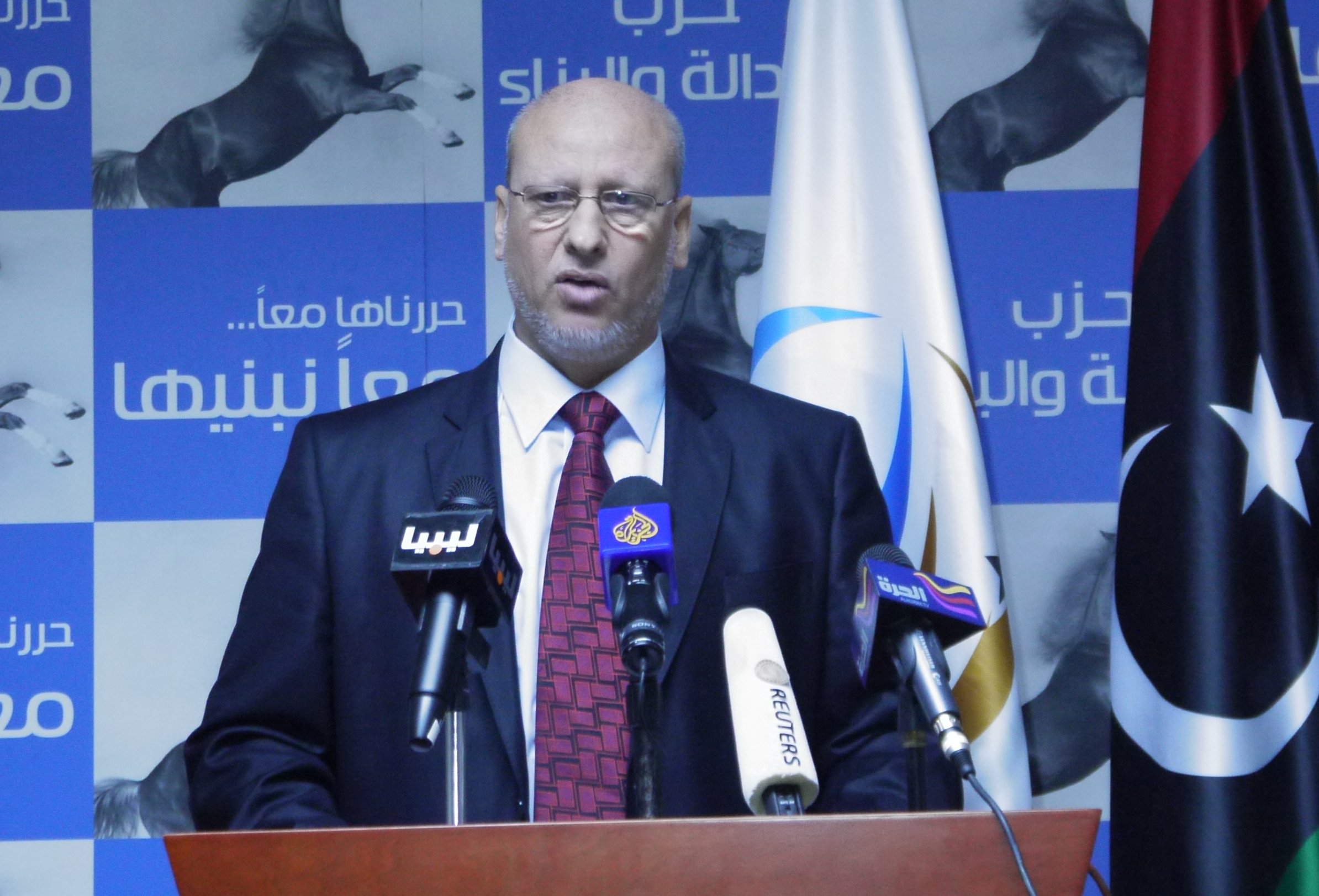By Umar Khan and George Grant.
Tripoli, 5 July:
The National Transitional Council dropped . . .[restrict]a political bombshell on the eve of the National Conference elections by stripping it of one of its main functions. It passed a new law under which the 60-member commission which is to draw up plans for a new constitution will no longer be appointed by the Conference. Instead it will be directly elected by Libyan voters.
Constitutional amendment Number 3 was passed today, Thursday, at a special meeting chaired by Mustafa Abdul Jalil. Under the amendment, the 60-member commission will have 20 members from each of the historic regions of Libya: Tripolitania, Cyrenaica and Fezzan.
The move is seen not merely as a gesture of goodwill to the Cyrenaica federalists who had threated to boycott or even sabotage Saturday’s elections unless there was regional parity in the number of seats in the National Conference. Some observers see the move as an outright victory for them. Initial reports in the east of the country indicate that the move has been welcomed by federalists there.
Confirming the decision, NTC member and former spokesman Mohammed Hareizi said that it had been taken because there was no way at this point in time to change the number of seats as demanded by the federalists. The east of Libya, he said, was not happy “and we’re trying to make everyone happy. We’re trying to calm down the East. We hope this will do the job.”
On Sunday, federalist protestors in Benghazi broke into the local High National Election Commission offices and ransacked them.
Asked how long it would be before the commission was elected, Hareizi replied: “I don’t know. Perhaps after three months”.
Salah Darhoub, the NTC’s official spokesman who read out the decision, told reporters that the mechanism to elect the body would be set up by the National Conference once it was in session.
He also said that the NTC had decided that the main source for legislation should be the Sharia and this decision should not be presented to voters in a referendum. He added that the NTC had also agreed that all bills presented to the National Conference should have to have a two-thirds majority to become law.
Responding to the decision, Imed Bannani, head of the political office of the Justice and Construction party, said that it would have to discuss the matter but would issue a statement. Nation Party spokesman Muhammed Ghula said that it accepted the decision but would also issue a statement.
Other parties are yet to respond. Only yesterday, though, the Union for Homeland party told Libya Herald that, as far as it was concerned, the prime objective of the National Conference was to oversee the creation of the constitution, not to devise social and economic policies for the country.
Some observers believe the decision to hand the job to a separate directly elected body could open the door to clashes between it and the National Conference.
However, government advisers were trying to put a brave face on the decision. “This could be a disaster waiting to happen,” said one, “but not necessarily any more so than the other option (a mass boycott of Saturday’s elections in Cyrenaica). The biggest challenge is that it is a massive logistical undertaking. I can’t see this taking any less than three months to arrange. But it is not necessarily the end of the world.” The biggest point in its favour, he said, was that those forming the constitution would have legitimacy.
The constitutional amendment is not binding on the National Conference. The NTC will be dissolved with the first session of the National Conference which will have the authority to repeal any decision made by the NTC.
[/restrict]







